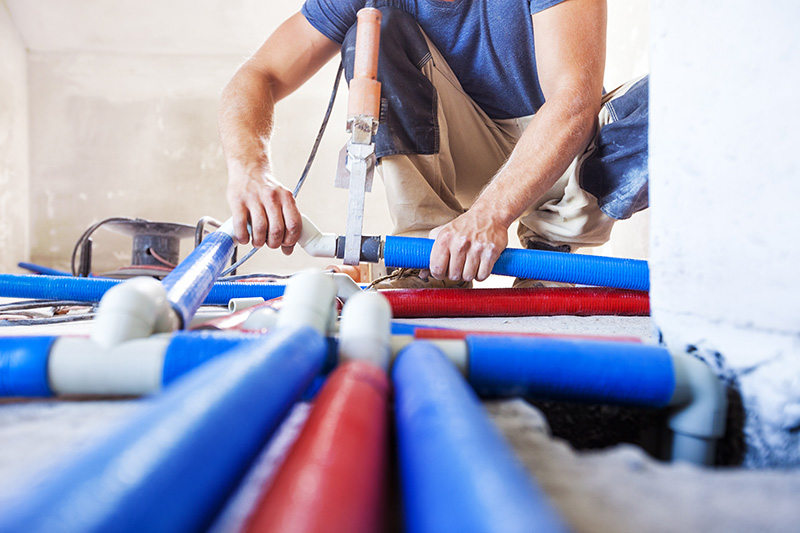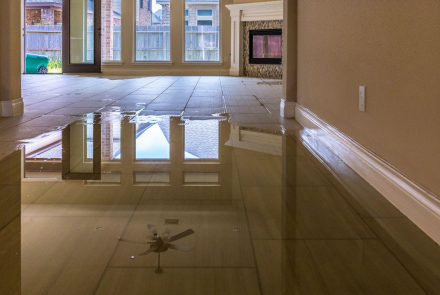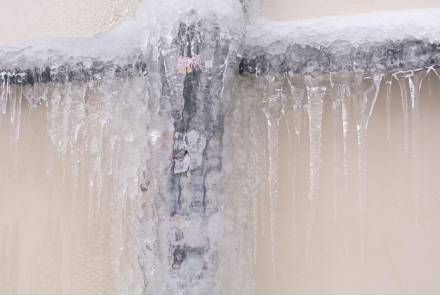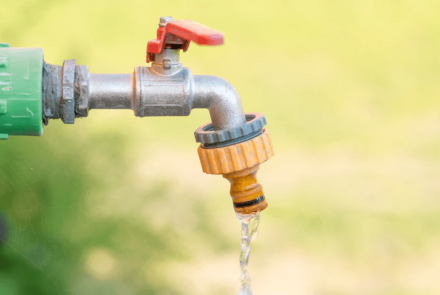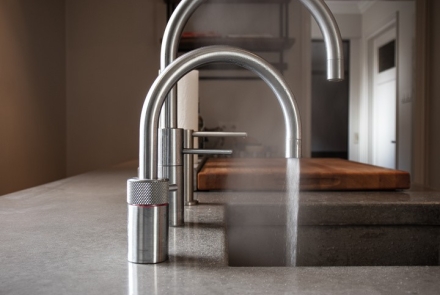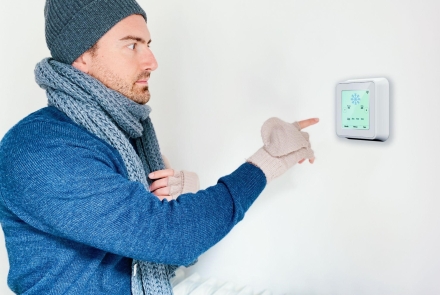The cold winter weather is known for wreaking havoc on homes throughout the nation. When it comes to plumbing, freezing temperatures can cause your pipes to freeze up. This can create a big problem for various reasons.
Why Frozen Pipes are a Big Problem For Homeowners?
At first thought, you may not think that it's a big deal that a pipe freezes. Sure, you're without fresh water for a while. But, once you heat it back up, you can go back to enjoying your water, right? Unfortunately, that's not the case.
When water turns into ice, it expands. This expansion can cause the pipes holding the frozen water to break. This is because immense outward pressure creates no room for water to flow. Those broken pipes need to thaw out and have repairs. Before you can get back to enjoying fresh water inside of your home, these steps need to happen.
Tips For Preventing Frozen Household Pipes
Before the cold winter weather hits, it's best to prepare your plumbing ahead of time. With outdoor plumbing features, drain your pool and water sprinkler supply lines. Without water inside of them, they're not susceptible to freezing and breaking.
Turn off the valve inside of your home for your outdoor hose. Next, completely drain out the pipe and disconnect the hose. It's best to leave the hose inside so that it doesn't freeze up and get damaged during the cold winter season.
Next, you'll want to check the pipes throughout your home. You can do this on your own or with the help of a professional plumber. Address any areas where piping runs through an unheated room in your home. Consider relocating those pipes or adding extra insulation to your pipes. Pipe sleeves or heat tape are great insulation options. These keep your exposed pipes from freezing during the cold winter months.
How to Thaw Out Frozen Pipes
If you turn on your water and notice only a couple of drips coming out, it's likely that you may have a frozen pipe. Take a moment to identify where the frozen section of your piping is. It's most likely located in an exterior wall. It can also be near where your water service enters your home through your foundation.
Make sure that you continue to leave the faucet open so that the melting water has a way to get out. Use an electric heating pad wrap, hairdryer, or even a portable space heater. These all apply heat to the frozen section of piping. Avoid using propane heaters, blowtorches, charcoal stoves, or kerosene heaters.
Contact Us Today
If you're dealing with a frozen pipe due to the cold winter weather, contact our plumbing experts. We'll be sure to get a licensed plumber to you as soon as possible. They can repair your plumbing problem before it gets worse. If you have any other plumbing questions this winter, reach out to us today.

